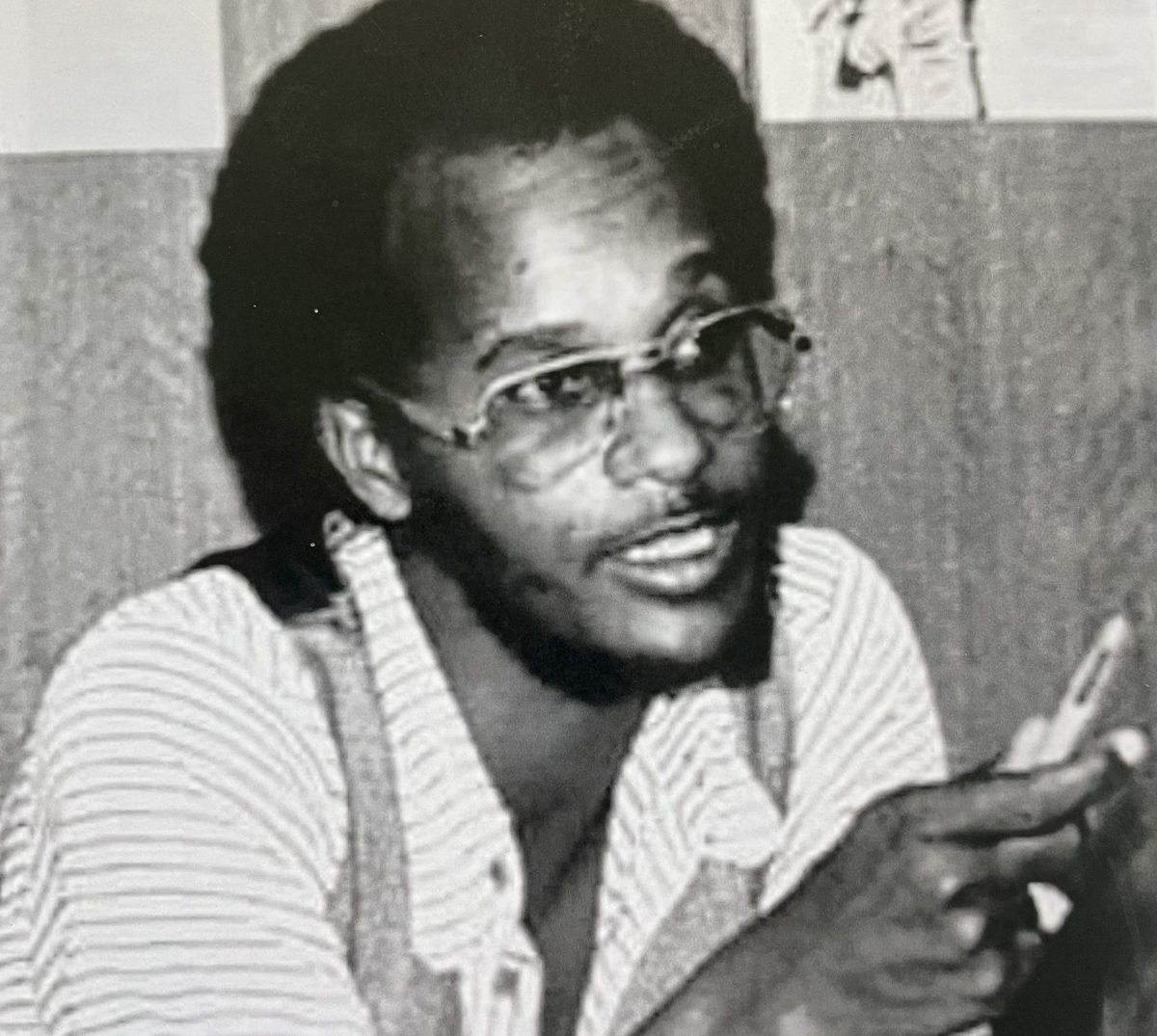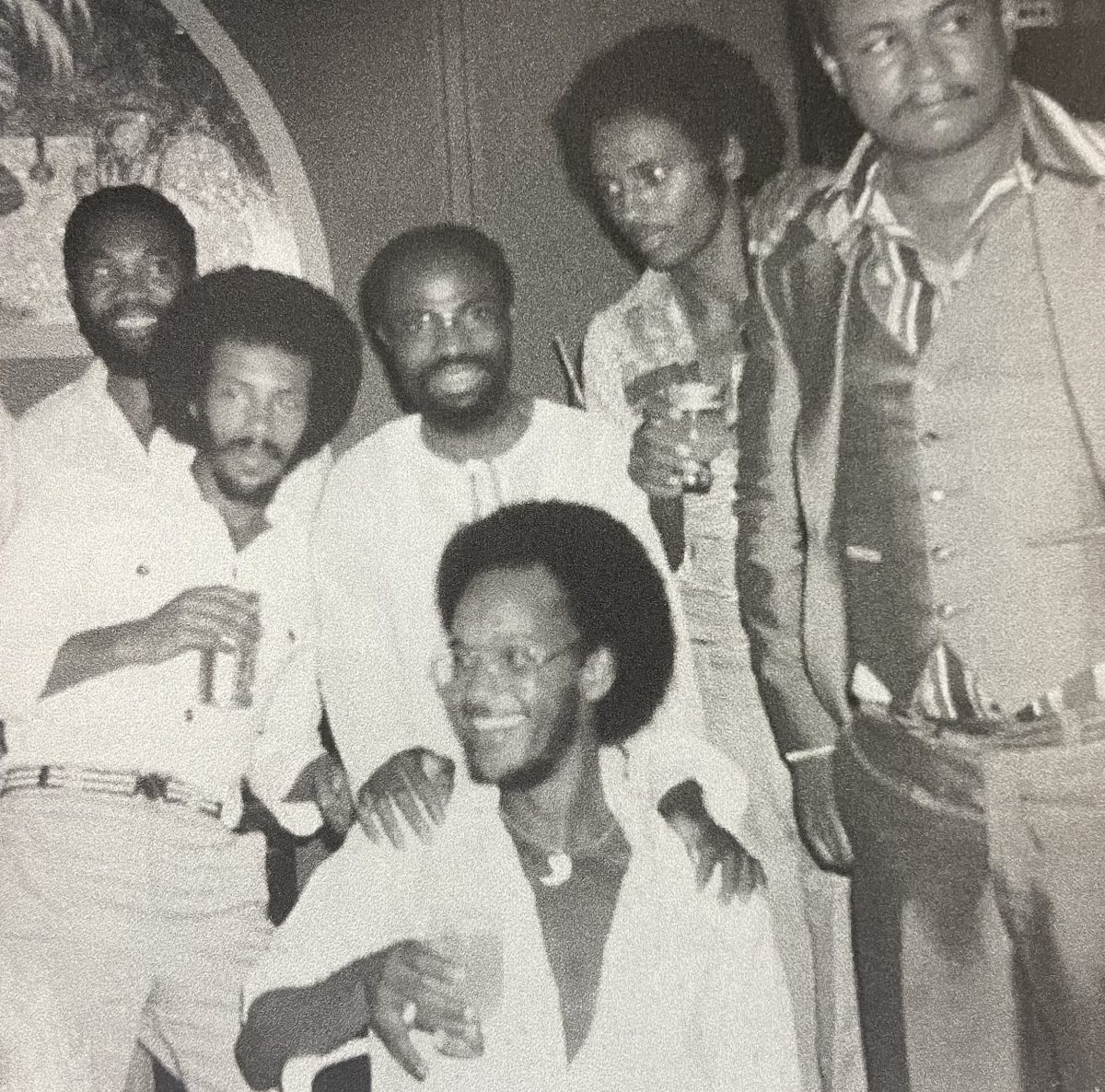
Tad Kahsai’s body was found metres off a busy Canberra road after he disappeared from Calvary Public in 2015. Photo: Supplied.
For Canberrans, it was a small tragedy. An elderly man disappeared from Calvary Public at Bruce in December 2015 and his body was found in rough grass just off Ginninderra Drive three months later.
For Howard Conkey, the death of his friend Tad was both preventable and the outcome of a long, sometimes rich and strange journey from war-torn Eritrea to the streets of Canberra. Howard’s newly released book, Tad’s Legacy is the story of that life and the tangle of circumstances that led to his death.
Tad met Val Browning (sister to former Canberra Goulburn Anglican Bishop George Browning) when she was working on famine relief in the Horn of Africa and he was a teenage interpreter. She sponsored his study here and Howard – a former journalist and government media adviser – met Tad in the kitchen at Toad Hall, the ANU residence.
They were friends for 40 years. Tad was Howard’s best man, Howard was godfather to one of Tad’s children.
Together they travelled to war-ravaged Eritrea in 1979, documenting a brutal independence war and raising awareness with the Eritrean Relief Association. Deeply conflicted, Tad wanted to stay and fight as they witnessed the horrific consequences of the Russian-armed Ethiopian Army’s action on the breakaway state.
Travelling by night, Tad and Howard saw – and smelled – hundreds of bodies. They froze in their tracks as Russian-supplied MiG jets wheeled low and sheared away through the blue sky. Elsewhere in the war, napalm was used on the rebels.
They saw destruction everywhere as Tad’s own brothers fought – and died. He desperately wanted to remain behind and fight too but was convinced to return to Australia and advocate for the cause. Howard thinks at least some of the trauma began there.
“We’d talk about what we’d both seen, and cry. But I don’t think either of us realised the impact of the battlefield, the refugee camps and the war injuries we saw,” Howard says.
After Eritrea won independence, Tad’s life lost its central motivation.
Trained as a geography teacher, Tad worked in Sydney and Canberra and began a family. But what he really loved was the nightlife. With another Eritrean, he set up Club Asmara in Bunda Street where a zebra hide decked the wall and reggae rang out.
“Tad loved it. He was in his element. He loved people, he loved talking, he loved music. But when alcohol really kicked off mid-life, it impacted him severely,” Howard says.
“He couldn’t hold a job down. He couldn’t party unless he was drinking hard, all night. He became aggressive to family and friends and as it went on, he was more and more isolated.”

Tad Kahsai (centre) and friends from the Eritrean community. Photo: Supplied.
In his later years, Tad was constantly in and out of hospital, well known to police and health staff as a chronic alcoholic with complex medical issues. He constantly absconded from care, but Howard points out that alcohol abuse and its consequences are outside the Mental Health Act.
“The system relied on Tad taking care of himself,” he says.
“The last time he was in hospital [at Calvary Public], Tad was hallucinating and very high on the alcohol withdrawal scale. He was aggressive and refusing care and by the time a doctor reached him, three hours late, he’d gone.”
A catalogue of errors and misjudgements followed: a wardsman saw Tad leaving, challenged him and reported the sighting to staff but nobody followed up. He was never interviewed, despite giving a clear indication of where Tad was heading.
Staff called police immediately but the caller didn’t know Tad’s details and inadvertently triggered a mental health response requiring an email. That email was sent to the wrong address, the officer who received it went on leave, and on and on it went – a tragic trail of errors in judgement and failures to follow up.
Senior police escalated the search and CCTV from transport was examined, but not near Bruce Stadium. All the clues that could have concentrated the search area were missed.
In April 2016, a couple of TAFE students carrying out a blackberry survey found Tad’s partially decomposed body, just metres off Ginninderra Drive.
Howard helped Tad’s former partner and children get legal representation at the ACT coronial inquest into his death, but says they were left with many unanswered questions.
“So much had been missed,” he says of his deep dive into the evidence. “I looked at staffing levels, culture at hospital, the wardsman being turned away, the whole chain of missteps that could have saved him or at least found him sooner.
“I just wanted to find out what happened to my friend. I owed it to his family and friends, to uncover so many small mistakes that mattered to the bigger story of how health care is delivered in the ACT.”
Tad’s Legacy is available at the Harry Hartog bookshop at the ANU or by emailing Howard Conkey.












